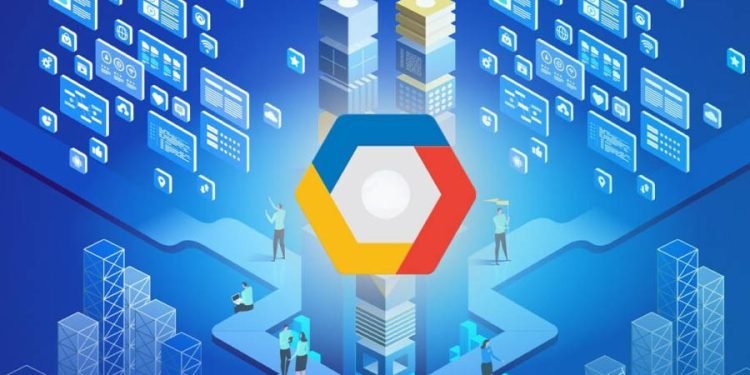For those seeking a streamlined approach to project management and application development, Google Cloud Platform (GCP) may be worth considering. GCP is a cloud computing platform that provides various services for developers to develop, test, and deploy their applications. It has gained popularity among developers because of its scalability, cost-efficiency, and user-friendliness.
In this article, we will discuss the benefits of using Google cloud application development. We will explore how GCP can help you save time and money, improve your application performance, and enhance your overall development experience. So, whether you are a seasoned developer or just starting out, read on to discover how GCP can take your application development to the next level.
Introduction to Google Cloud Platform (GCP)
In today’s fast-paced digital world, businesses require scalable and reliable cloud infrastructure to support their operations. Google Cloud Platform (GCP) is a suite of cloud computing services offered by Google to help businesses and organizations of all sizes build, deploy, and manage their applications and data on the cloud. If you’re new to GCP, this article will provide you with an introduction to the platform and its key features.
- GCP Overview
Google Cloud Platform is a comprehensive cloud computing platform that provides a wide range of services, including computing, storage, networking, big data, and machine learning. GCP is built on the same infrastructure that Google uses internally to power its own products and services, making it highly scalable, reliable, and secure.
- Getting Started with GCP
If you’re new to GCP, the best way to get started is to sign up for a free trial account. This will give you access to a limited set of GCP services that you can use to test the platform and its features. Once you’re familiar with the platform, you can upgrade to a paid account and start using GCP to build and deploy your applications and data on the cloud.
Google Cloud Platform is a powerful cloud computing platform that offers a wide range of services to help businesses and organizations build, deploy, and manage their applications and data on the cloud. Whether you’re a small startup or a large enterprise, GCP can help you scale your operations and achieve your business goals.
Overview of GCP services for application development
Google Cloud Platform offers various services to assist in application development, including tools and resources for web applications, mobile apps, and enterprise software. This article aims to provide an overview of some of the essential services GCP provides to support application development.
The platform is called Compute Engine
Compute Engine is a service provided by Google that offers virtual machines for running applications. Users can select from different machine types, operating systems, and network configurations depending on their application’s needs. Additionally, Compute Engine provides features such as auto-scaling and load balancing to manage traffic fluctuations.
Kubernetes Engine
Kubernetes Engine is a platform for container orchestration that automates application deployment, scaling, and management. It offers a scalable and highly available environment for containerized applications, and can be integrated with other GCP services like Cloud Storage, Cloud SQL, and Stackdriver for monitoring and logging.
App Engine
App Engine is a Platform-as-a-Service (Paas) that enables the deployment and scaling of web applications and APIs. It supports various programming languages, including Python, Java, Node.js, and Go, and offers development tools and services like continuous integration, version control, and debugging.
In conclusion, cloud app development is a comprehensive set of services for application development that can help you build, deploy, and manage your applications with ease. Whether you are developing a small web app or a large enterprise software, GCP has the tools and services to support your needs. By leveraging GCP services, you can focus on your application’s development and leave the infrastructure management to Google.












